Anyone who thinks American filmgoers haven’t embraced the auteur theory — which states that directors are sole “authors” of their films, despite the contributions of screenwriters, cinematographers, etc. — should pay attention to the inevitable hue and cry that occurs each year when the Oscar nominees for best director don’t line up exactly with the nominees for best picture, as though the two categories were interchangeable.
This year’s mismatch — “Atonement’s” best picture nod alongside Julian Schnabel’s nomination for directing “The Diving Bell and the Butterfly” — reminds us that certain projects do bear a director’s touch more strongly than others. Whether or not that’s a good thing, of course, depends on the director in question and the finished product.
The five filmmakers this year range in age and experience, to say nothing of subject matter, but all have their own particular appeal in the competition.
Predicted winners: Joel and Ethan Coen
In a year where bleakness reigns at the Academy Awards, the Coen brothers’ dark examination of greed and evil seems to sit atop the heap. Lacking much of the trenchant humor for which the duo has become known in hits like “Fargo,” “Raising Arizona” and “The Big Lebowski,” “No Country for Old Men” hearkens back to their debut feature “Blood Simple,” a black-hearted neo-noir about a bunch of Texans, none of whom were to be trusted.
“No Country” takes the Coens back to the Lone Star State, armed with the novel by Cormac McCarthy, and the characters are just as shady, if not more so. Except for Tommy Lee Jones’ sheriff, of course, whose main function is to be the mournful voice of wisdom in an ever-darkening world.
The film couples the Coens’ outrageously kinetic filmmaking (a sequence involving two motel rooms and a bag of money is literally breathtaking) with strong performances from an ensemble cast that also includes Josh Brolin, Javier Bardem, Kelly MacDonald, Beth Grant and Barry Corbin, among others. Joel Coen is a previous nominee in this category for “Fargo,” and the tide of acclaim for “Country” that began at the 2007 Cannes Film Festival (and carried the Coens to victory at the Directors Guild awards) seems poised to crest on Oscar night.
Paul Thomas Anderson
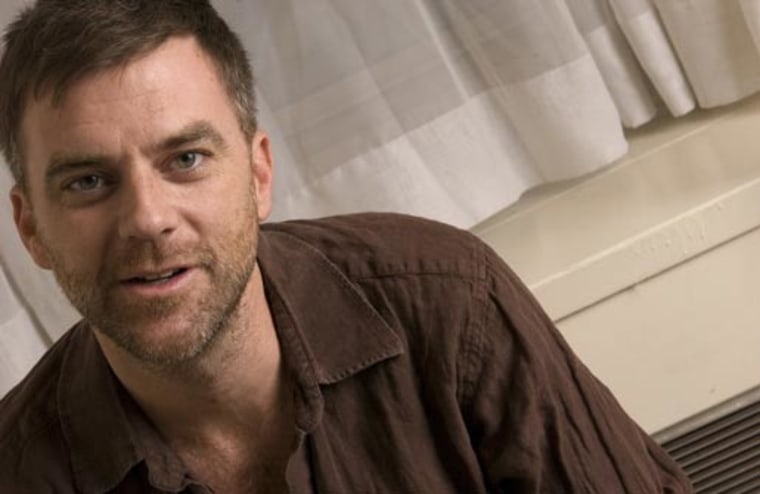
Those of us who found Anderson’s early, acclaimed films to be imperfect but ambitious harbingers of greatness to come were rewarded for our patience with “There Will Be Blood,” an epic saga that managed to be simultaneously in-your-face and enigmatic. His fans were divided between those who felt he’d reached a new level of filmmaking success and others who weren’t along for the ride. But while the Academy had previously nominated Anderson for the screenplays of “Boogie Nights” and “Magnolia,” this marks the first time that his directing has been so honored.
“Blood” is filmmaking in the grandest Hollywood tradition, but it’s also reveals a fiercely independent streak. While it soars, it confounds; its central character is riveting while remaining an enigma.
In most other years, Anderson would be the odds-on favorite, but “Blood” is the kind of movie that will appeal most strongly to those who also love “No Country”; both films aren’t afraid to be bleak or violent, both films have endings that leave audiences talking and arguing. Heck, both films were even shot in Marfa, Texas, at around the same time. History will be kind to “There Will Be Blood,” but many of its partisans are going to go with the Coens’ relatively accessible vision.
Tony Gilroy
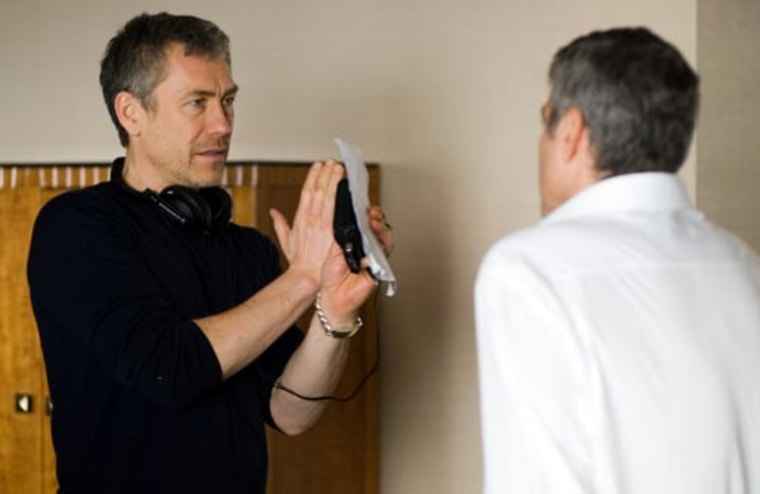
Nothing like snagging a best director nomination for your first time looking through the viewfinder, but Gilroy is no showbiz newbie. Since writing the cult-fave romance “The Cutting Edge,” Gilroy has been the screenwriter behind a number of hits, including “The Bourne Identity” and its two sequels. With “Michael Clayton,” Gilroy embraced a very ’70s aesthetic, crafting a conspiracy thriller in the vein of “Three Days of the Condor” and “The Parallax View.”
While the much-nominated “Clayton” was definitely a fave of Oscar voters this year, there seems to be little indication that there’s enough affection for the film to make it a winner. (Some bloggers are theorizing that if it has a chance anywhere, it’s for Tilda Swinton’s supporting actress nod, since it’s the only category where the film won’t be battling it out with “No Country” and “Blood.”) But hey, Gilroy’s made a strong directorial debut, and he’s got George Clooney in his corner. That’s a pretty nice position to be in as a filmmaker, even if he goes home Oscar-less this year.
Jason Reitman
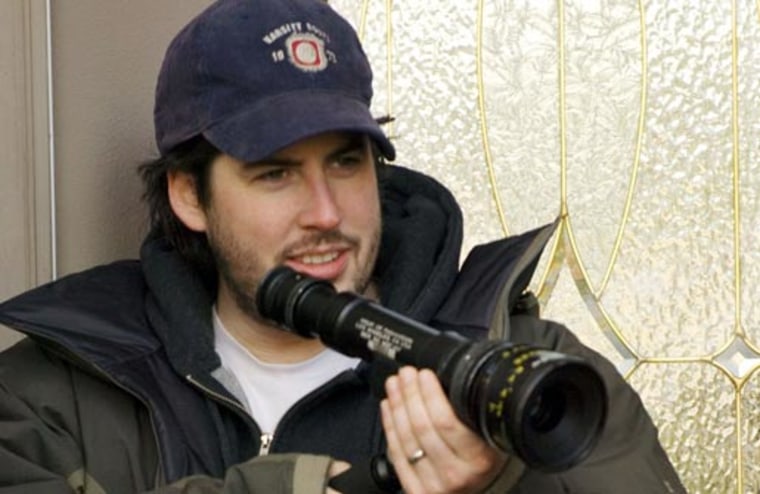
Thirty-year-old filmmaker Jason Reitman was as surprised as anyone to find himself in contention this year, figuring that “Juno” had a good shot at best actress and best original screenplay nods but never expecting he’d be in the running as a director. And given the lack of respect that the Academy shows to comedies, his presence on the shortlist is rather unusual.
But sometimes, the right movie at the right time just clicks, and “Juno” has certainly proven itself to be that movie. Coming off his well-regarded debut feature, “Thank You for Smoking,” Reitman is now up for best director at both the Oscars and the Independent Spirit Awards for this frothy and feisty tale of a wiseacre pregnant teen and how her delicate condition affects her family and the would-be adoptive parents of her eventual offspring.
Reitman’s own offspring status must have been some help in getting him here; he’s the son of Ivan Reitman, who went from Canadian low-budget features like “Cannibal Girls” and “Meatballs” to A-list affairs like “Ghostbusters” and “Dave.”
He’s the longest shot in this category, but given his age and choice of genre, he’s exceedingly lucky to have made it this far.
Julian SchnabelOne of the bad boys of New York’s 1980s art scene, Schnabel made his directorial debut with “Basquiat,” a biopic of one of his peers. “The Diving Bell and the Butterfly,” for which he’s nominated this year, is actually his third movie about a real-life person, coming on the heels of “Before Night Falls,” a portrait of Cuban poet Reinaldo Arenas. (That film garnered an Oscar nod for “No Country’s” Javier Bardem.)
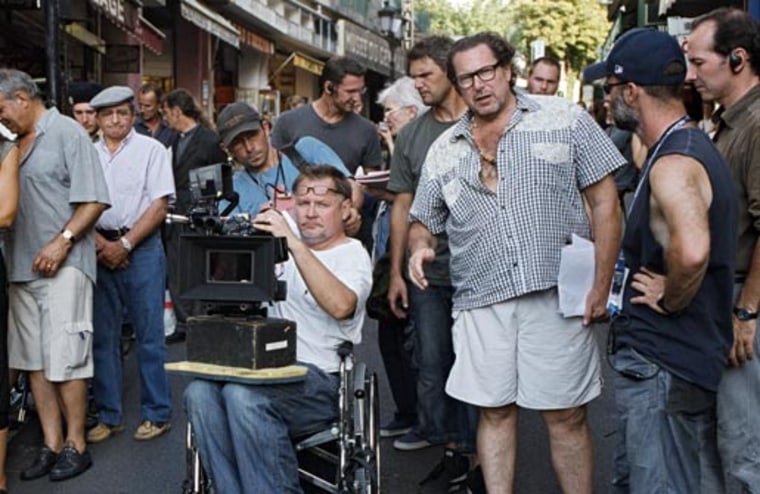
“Diving Bell,” based on the memoir by Jean-Dominique Bauby, examines a French magazine editor who has suffered a debilitating stroke and can only communicate by blinking one eyelid. Schnabel effectively puts us inside this man’s head, for all its limitations and its liberties (hence the title), and it’s a movie that has registered strongly with many viewers, particularly the older ones who make up the bulk of the Academy’s voters.
What makes it tricky for Schnabel this year is that “Diving Bell” wasn’t nominated for best picture, and the last time a director won for a movie that wasn’t in the top race was at the 1928/1929 Oscars, when Frank Lloyd won for “The Divine Lady.” Granted, streaks were made to be broken, but first-time nominee Schnabel can take comfort in the fact that he can now without question be considered the conqueror of yet another medium.
Should have been nominated: David Fincher
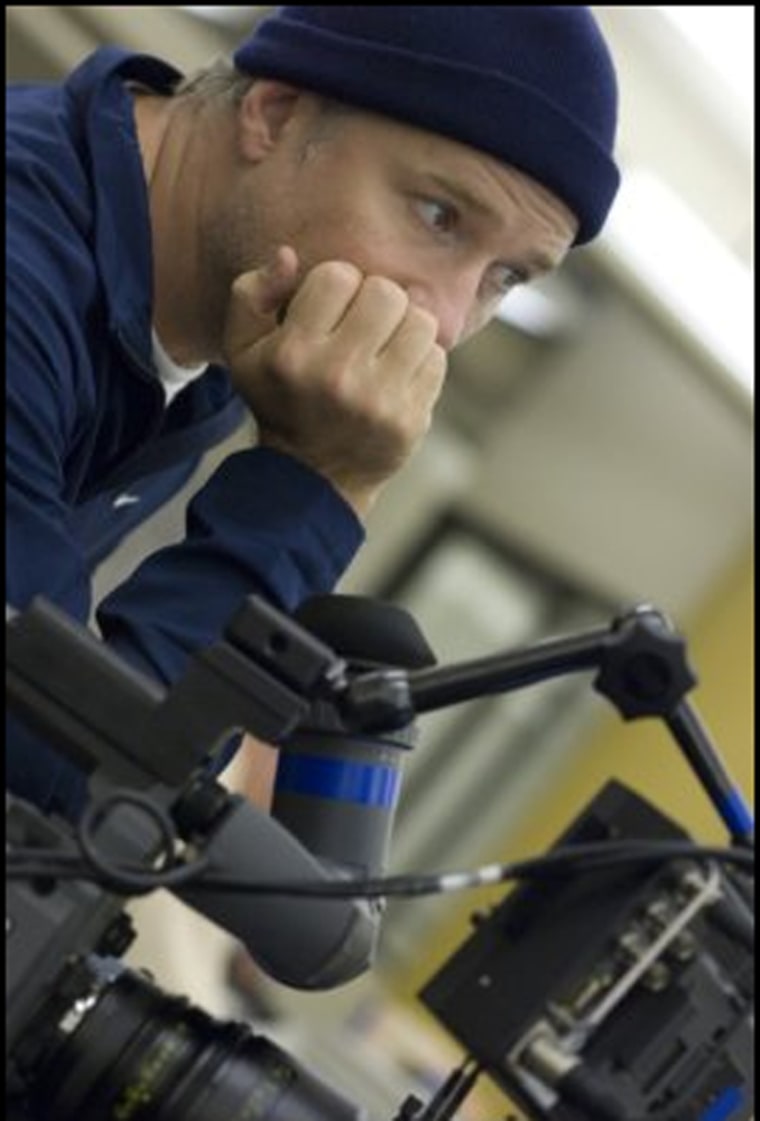
When film historians of the future look back on this year’s Oscars, the absence of nominations for “Zodiac” will be as confounding and rankling as it is now. An absolutely gripping procedural, “Zodiac” is an ambitious project that succeeds on every level, from retelling a famous true-crime mystery and allowing the audience to process the many facts involved in the investigation to creating interesting, compelling characters to crafting powerful and unforgettable visuals.
The man behind all this is David Fincher, one of this country’s most visionary filmmakers. From the extraordinary performances he got out of Jake Gyllenhaal, Robert Downey, Jr. and the rest of his amazing cast to the groundbreaking (yet virtually invisible) digital effects he used to tell the story and convincingly recreate 1970s San Francisco, the always-fascinating Fincher was firing on all cylinders here. Pity the Academy didn’t notice.
Duralde is the author of “101 Must-See Movies for Gay Men”; find him at